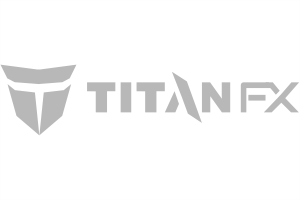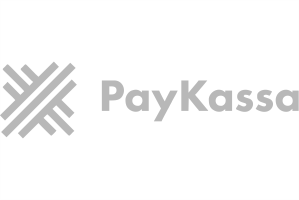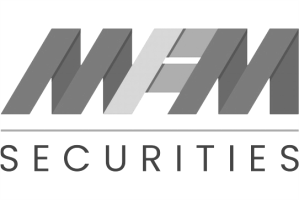| Name of service | Bronze | Silver | Gold |
|---|---|---|---|
 Check and reserve of the company name Obtaining approval from the registrar for the company name
Check and reserve of the company name Obtaining approval from the registrar for the company name
|

|

|

|
 Company registration, including state fees Preparation of a full package of documents, depending on the chosen form of ownership, cooperation with the relevant authorities prior to obtaining information on company registration
Company registration, including state fees Preparation of a full package of documents, depending on the chosen form of ownership, cooperation with the relevant authorities prior to obtaining information on company registration
|

|

|

|
 Legal address for 1 year Provision of legal address for your company in a given jurisdiction, eliminating the need to purchase or rent real estate
Legal address for 1 year Provision of legal address for your company in a given jurisdiction, eliminating the need to purchase or rent real estate
|

|

|

|
 Assistance in opening an account Collection, preparation and submission of the necessary documents for opening a corporate account
Assistance in opening an account Collection, preparation and submission of the necessary documents for opening a corporate account
|

|

|

|
 Services of local director for 1 year Providing a resident director of a given jurisdiction or the EU, which is necessary for registering a company and opening an account at a local bank
Services of local director for 1 year Providing a resident director of a given jurisdiction or the EU, which is necessary for registering a company and opening an account at a local bank
|

|

|

|
|
Total cost
|
2990 EUR | 3980 EUR | 6980 EUR |
|
Accounting services
|
250 EUR | 250 EUR | 250 EUR |
|
Annual renewal (paid from the second year)
|
1900 EUR | 1900 EUR | 4900 EUR |





















